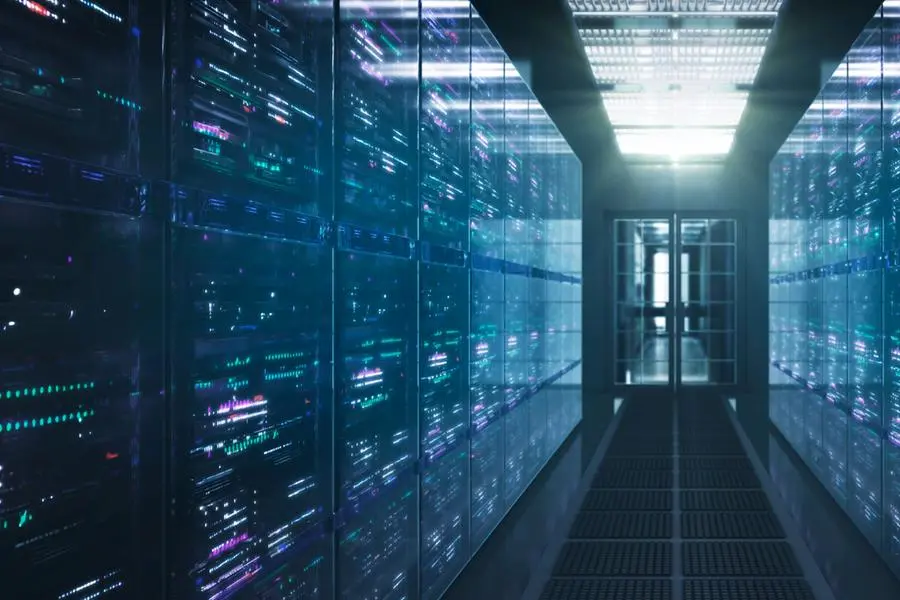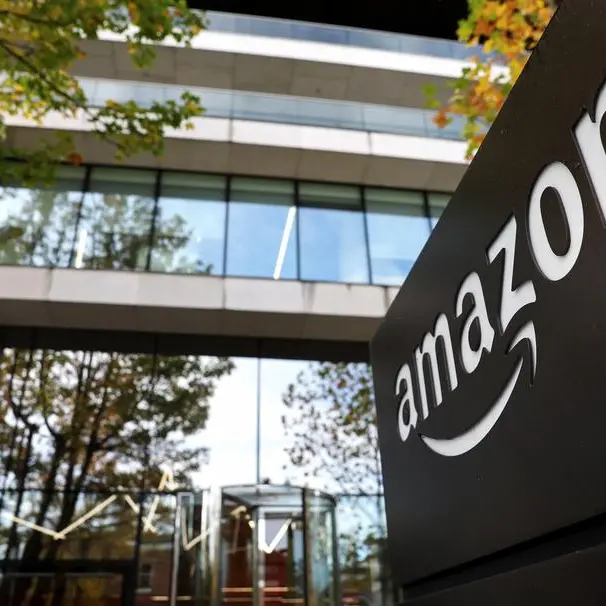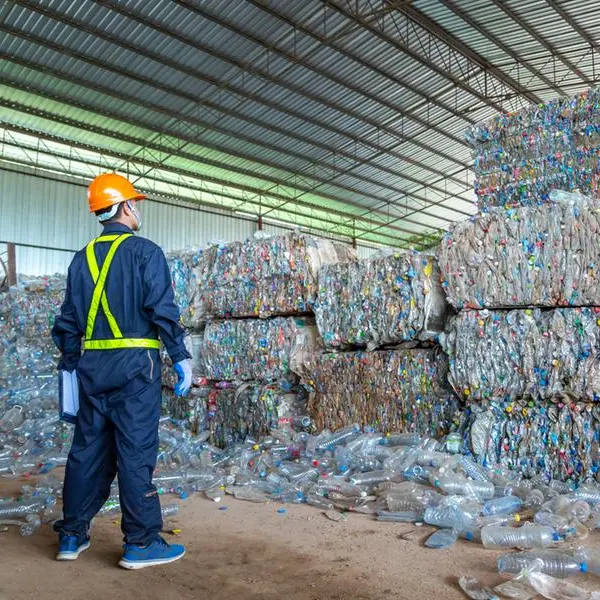PHOTO
Sustainable data centres play an important role in meeting Dubai’s Net Zero Emissions targets for 2050, experts concurred at the Green Data Centre seminar in Dubai.
The event, which gathered over 80 regional experts and data centre industry stakeholders, discussed the pressing need for sustainability in data centre operations, as one of the crucial factors in achieving regional decarbonisation goals.
The seminar, co-hosted by Danfoss and DEIF in collaboration with Danish Trade Council, explored the important role energy efficiency must play in data centre sustainability particularly as Dubai’s digital economy is expected to reach more than $140 billion in 2031, up from today’s nearly $38 billion.
Energy efficiency progress
The event's discussions align with the United Nations Framework Convention on Climate Change (UNFCCC) Global Stocktake report, which underscores the urgent need to reduce global emissions by at least 43% by 2030 to limit global warming to 1.5 degrees, as stipulated in the Paris Agreement. As Dr Fatih Birol, Executive Director of the International Energy Agency (IEA), emphasised, doubling the rate of energy efficiency progress and tripling renewable power capacity globally by 2030 is essential. Data centres, as one of the key industries, have a pivotal role to play in achieving these critical targets.
New research from the IEA shows that while the amount of computing done in data centres increased by about 550% between 2010 and 2018, the amount of energy consumed by data centres only grew by 6% during the same time. The difference between these two data-points is striking and is attributed to rapid improvements in energy efficiency that have helped limit energy demand growth from data centres, which accounts for about 1-1.5% of global electricity use. These improvements in energy efficiency need to be sustained and accelerated so as to meet the UNFCCC’s global emissions targets.
Ziad Al Bawaliz, Regional President at Danfoss Turkey, Middle East, and Africa, emphasised the event's significance, stating: "With the region’s booming potential for digital services, including artificial intelligence and machine learning, there is likely to be significant demand growth for data centres in GCC in the next few years. As we head into COP28, energy efficiency will play an increasingly vital role as it is the single largest measure the world can take to reduce energy demand. Energy efficiency is, and always should be, the ‘first fuel’ for clean energy transitions.”
Ambassador Lars Steen Nielsen, Consul General of the Embassy of Denmark, who opened the event, commented: “Energy efficiency has the potential to be pivotal, and this seminar echoes the COP28 Presidency’s call for prioritising energy efficiency on a global scale. We are excited to engage with Danfoss, DEIF, global partners and work towards a greener future.’’
Political facilitation
Tomas Anker Christensen, the Climate Ambassador of Denmark, who virtually addressed the audience during the event, added: “Denmark has been asked by the UAE presidency of COP28 to lead the political facilitation of the outcome of the global stocktake together with South Africa. One of the central themes at COP28 is the role of technology in our climate efforts. Danish technology holders like Danfoss, DEIF, and many others are at the forefront of developing cutting edge solutions. They can revolutionise industries and future proof them against climate challenges.”
The event featured engaging panel discussions, with key participants from the Gulf Data Centre Association, Khazna, MORO Hub, Gulf Data Hub, Equinix, Al Masaood, Uptime Institute, who shared their insights into the path to sustainable data centres. The event was aimed at raising awareness of the solutions that exist already to decarbonise data centres and which can significantly contribute towards the region’s ambitious decarbonisation goals.
Alexandre Maraval, Vice President Asia & Managing Director APAC, DEIF, said: “This has been a great event during which we could acknowledge the importance of continuing our efforts in developing solutions based on sustainable sources of energy. We are confident that DEIF’s strategy and Energy Management Systems are fully in line with the decarbonisation targets we all understand as a growing necessity for a better future. But at DEIF, we have a commitment to Improve Tomorrow as we are excited to tackle the challenges ahead and are extremely proud to collaborate with a fellow Danish company in delivering real sustainable action.”
Copyright 2022 Al Hilal Publishing and Marketing Group Provided by SyndiGate Media Inc. (Syndigate.info).





















